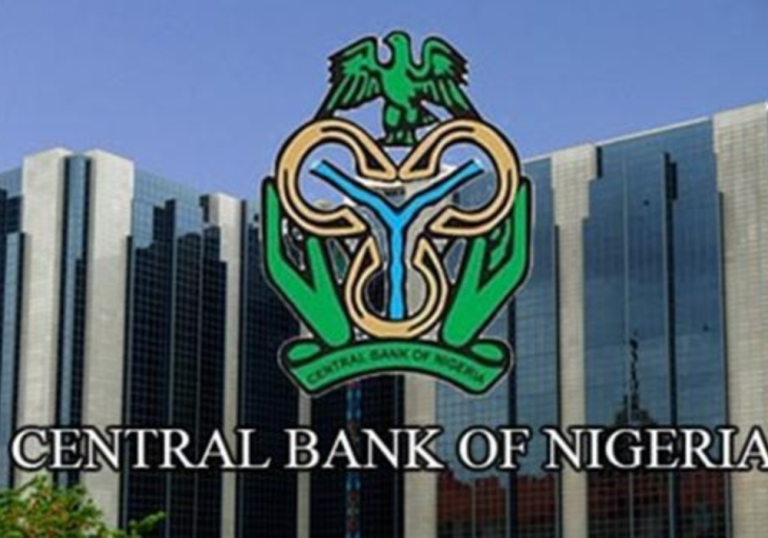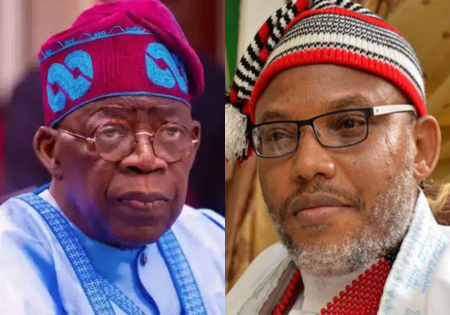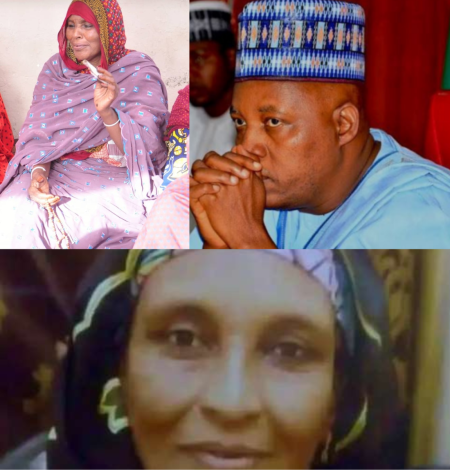The Northern Elders Forum (NEF), a well-known sociocultural group, has protested the Central Bank of Nigeria’s move to charge bank clients a cybersecurity fee.
The forum voiced its displeasure with the policy in a statement signed by Abdul-Azeez Suleiman, the NEF’s Director of Publicity and Advocacy.
They mentioned the rising expenses brought on by several fees related to financial transactions.
The decision from the CBN was criticized by the NEF as being illegitimate, arbitrary, and disconnected from the realities that Nigerians face. The forum urged the government to reevaluate the program and look into other options to lessen the financial burden on people while encouraging the usage of electronic payments.
The NEF noted that people who interact electronically now face an intolerable financial burden due to the imposition of cybersecurity levies on top of already-imposed expenses like value-added tax, stamp duty, transfer fees, and SMS charges.
The forum outlined the different expenses that bank clients now have to pay, such as transfer fees, value-added tax, stamp duty, and cybersecurity taxes that range from ₦5 on ₦1,000 to ₦50,000 on ₦10,000,000 transactions. The total cost of electronic transactions has gone up dramatically for both senders and recipients as a result of these extra expenses.
While recognizing the critical role cybersecurity plays in protecting electronic transactions, the NEF stressed the need for a more balanced strategy that makes sure security measure costs are fair and do not unduly burden bank customers.
The NEF said that the additional financial burden imposed by the cybersecurity levy is unjust and unfair in a nation already dealing with economic difficulties and highly volatile conditions. It urged the government and pertinent stakeholders to find a long-term solution that strikes a fair balance between improving cybersecurity and easing the financial burden on the Nigerian people.
“The administration must prioritize policies that safeguard the interests of the people while simultaneously promoting economic growth and development, taking into account the concerns expressed by the overwhelming majority of Nigerians.”







